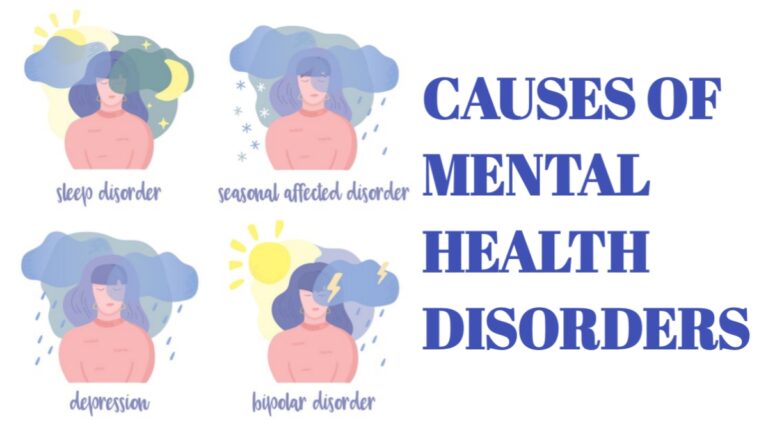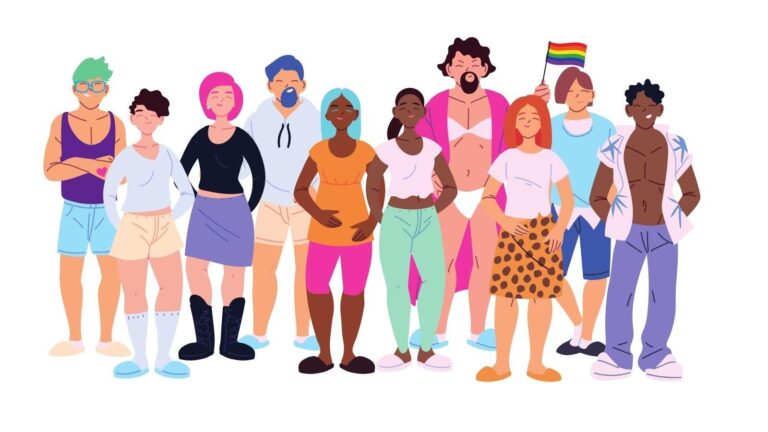The Principles of Health Equity and What They Mean for the Global Community
Health equity is the principle of achieving optimal health for all people. In order to achieve this, health and other social determinants must be addressed. This means focusing on reducing disparities in health and ensuring that people who face the greatest risks are given special attention and resources. Identifying and addressing these issues is crucial to achieving health equity. This article will explore the principles of health equity and what they mean for the global community.
Health equity seeks to remove social and racial health disparities and improve access to health care. It also recognizes the role of historical and social disadvantage in determining a person’s health. The term “health inequity” has many meanings. For example, health inequity can be defined as a lack of access to quality healthcare for certain populations. The term “health inequity,” on the other hand, can be used to describe disparities across racial groups and countries.
Health equity is the ability for every individual to achieve optimal health. It means that no one is disadvantaged due to social position, race, or economic status. This is reflected in disparities in life expectancy, mortality rates, and access to treatments. The National Center for Chronic Disease Prevention and Health Promotion (NCCDPHP) is the lead agency in the U.S. for addressing health equity. Through research, programs, and tools, NCCDPHP is making strides toward health equity.
Health inequity is a major cause of poverty and illness. Unequal distribution of resources between people can affect health and well-being. A person’s income is a significant determinant of their health. Inequitable wealth may prevent them from accessing health-promoting resources. However, an individual’s health is a function of their socioeconomic background, not their gender or race. When there is a disparity between these factors, the health outcomes and indicators of a person are affected.
By definition, health equity is a system that enables everyone to live a healthy life. It is a system that aims to eliminate the sources of inequity and provide equitable care to all people regardless of race or ethnicity. It is a concept that can be addressed in many different ways in every country, including within individual communities. There is no one single, universal solution for health inequity. Each country has its own needs and priorities, which will determine how health equity is achieved.
Health equity requires removing all obstacles and biases in our society. It is not just a matter of social justice. Inequitable health means equal access to the highest quality of care. Despite these challenges, equity in the United States is a priority. With a focus on ensuring that all people have access to the best medical care, health inequity can be achieved. It will also benefit the country economically. It is vital to ensure that healthcare providers are based in a place where the communities are.
Conclusion
In conclusion, achieving health equity is an important goal that benefits both individuals and society. While significant challenges and disparities still exist, identifying and addressing the social determinants of health inequities is key. Reducing barriers to healthcare access along with promoting equitable distribution of health-promoting resources can help improve outcomes for all. Continued efforts by organizations like NCCDPHP as well as policy changes that create a more just system are still needed. With a comprehensive, multifaceted approach that considers factors like income, geography, race and ethnicity, we can make progress toward the ideal of optimal health for every person regardless of their background.
FAQs
Q: What are social determinants of health?
A: Social determinants of health are the social and economic factors that influence individual and group differences in health status. They include things like income and social status, education, physical environment, employment, social support systems, etc. Addressing these determinants is crucial for achieving health equity.
Q: What is the difference between health equity and health equality?
A: Health equity means providing each individual with what they need to achieve optimal health. It aims to eliminate health disparities and barriers to care. Health equality means giving everyone the exact same access and resources regardless of ability, needs or health status. Equity focuses more on fairness while equality focuses on sameness.
Q: How can health inequities be reduced?
A: Some ways to reduce health inequities include improving access to affordable healthcare including for underserved groups, addressing social factors linked to poor health like poverty and education, increasing availability of resources in disadvantaged communities, promoting cultural sensitivity in healthcare, adopting anti-racism policies, etc.
Q: What role does the government play in health equity?
A: Governments play a key role through policies, funding and legislation. They can increase health equity by expanding public healthcare coverage, addressing systemic racism in institutions, investing in community resources and social programs, collecting equity-focused data, implementing culturally competent care standards, and enforcing laws against discrimination.
Q: How long will it take to achieve health equity?
A: There is no definitive timeframe as it is an ongoing, evolving process. But significant progress can be made within a generation or two through dedicated, sustained efforts across many sectors of society working in an integrated, coordinated manner. Continued commitment and allocation of resources is important.

I’m publisher on vents today if anyone want post on our website then do contact







